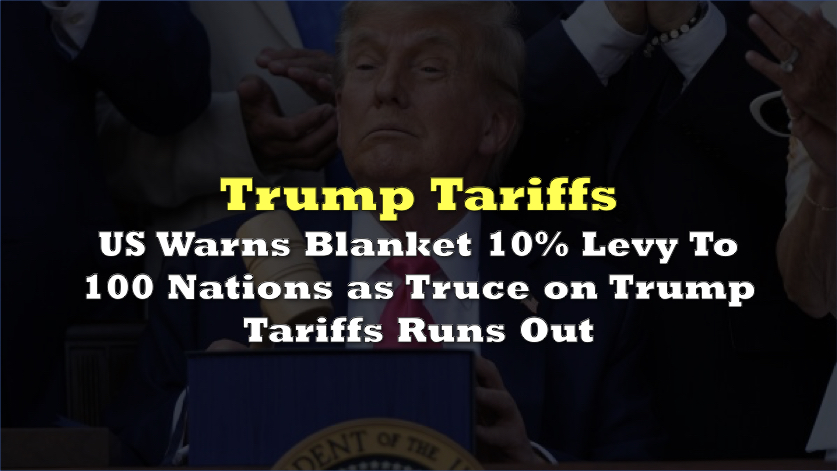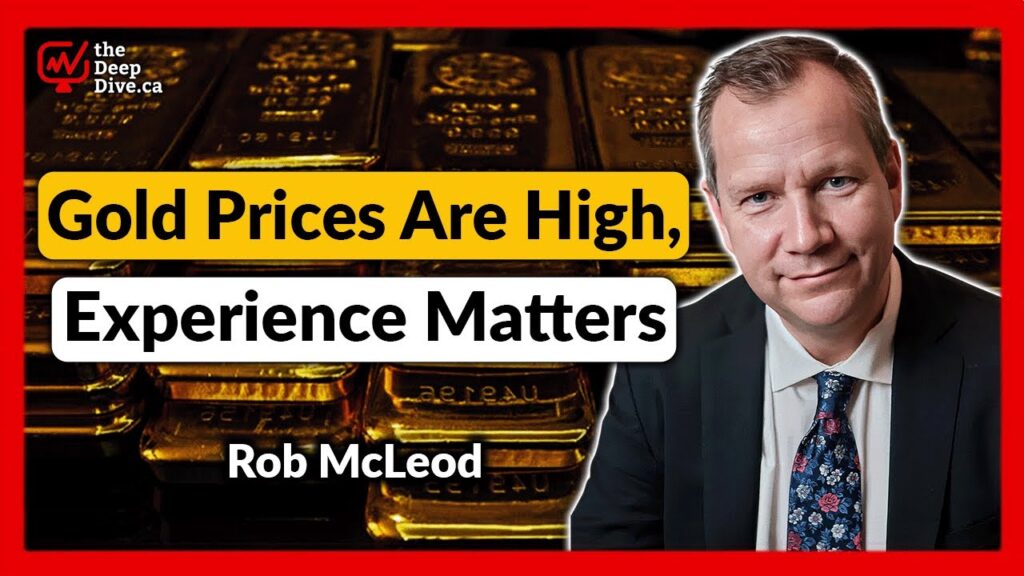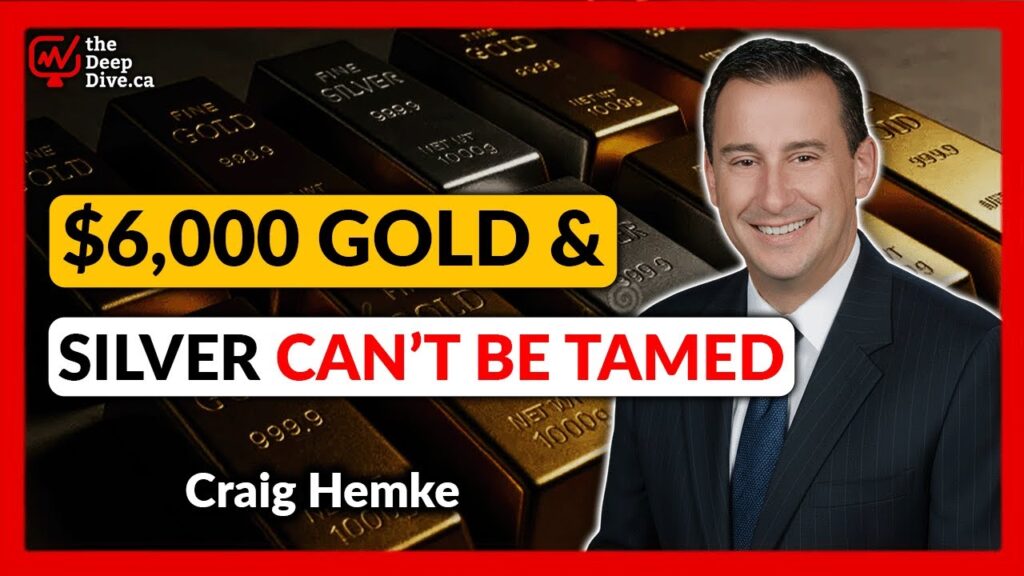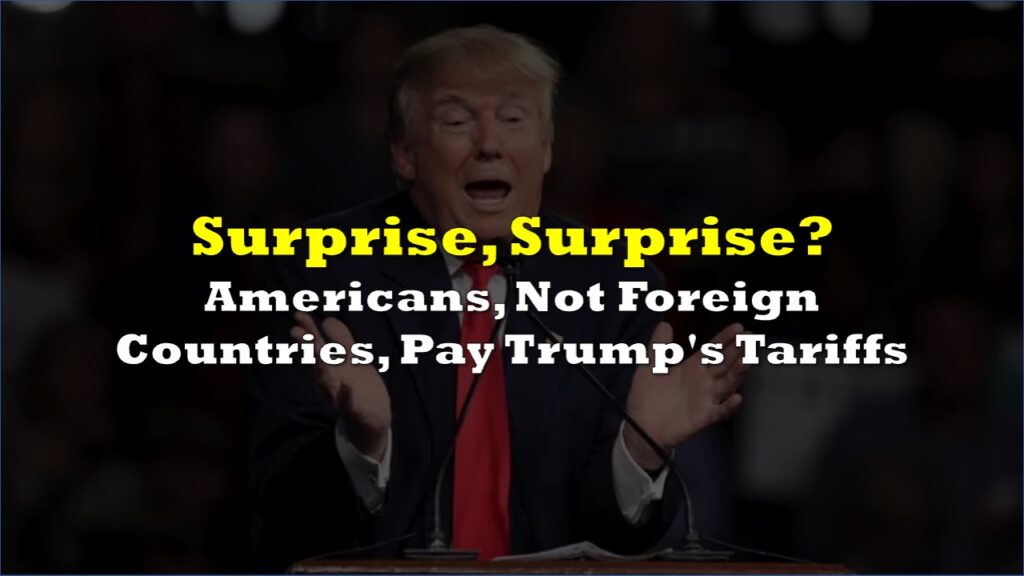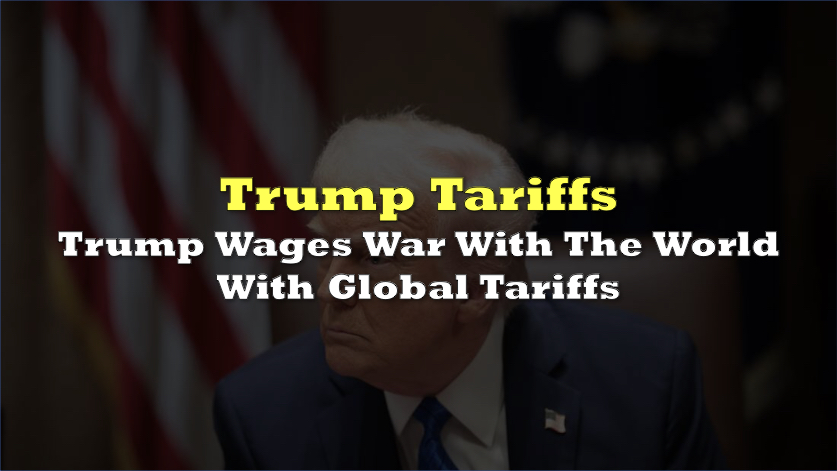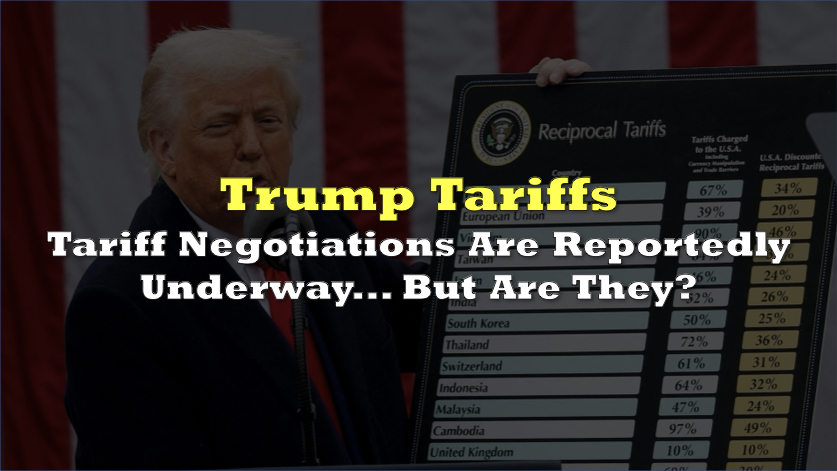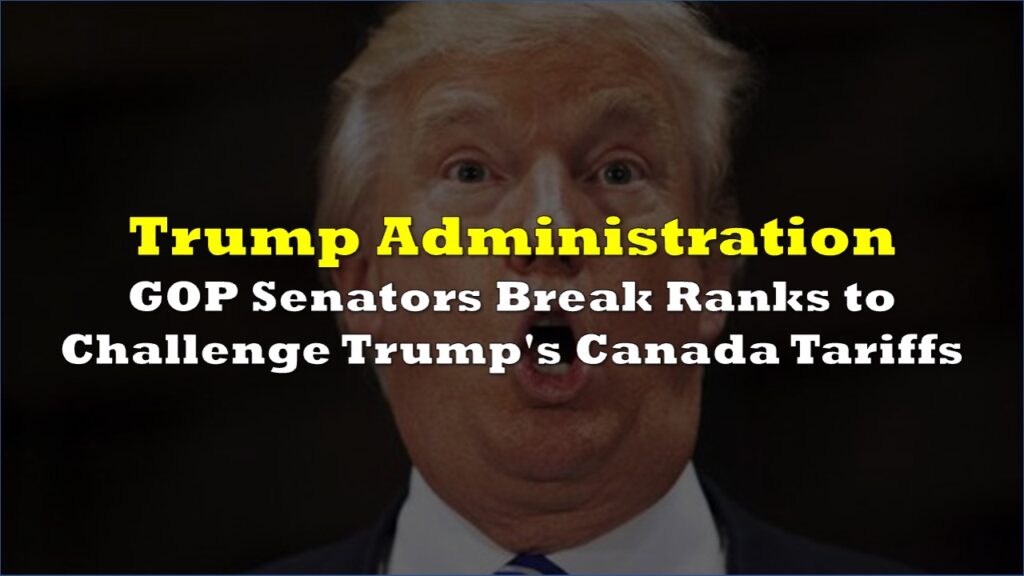The 90-day truce that has kept most of President Donald Trump’s “reciprocal” import taxes at bay expires on Wednesday, and Treasury Secretary Scott Bessent says the first volley will land at noon Monday. Roughly 100 countries will receive formal notices confirming that every shipment to the US will face a 10% duty unless a bilateral deal is signed before the pause ends on July 9.
“If you don’t move things along, then on August 1 you will boomerang back to your April 2 tariff level,” Bessent warned on CNN, referring to rates that reach as high as 50% on metals and 145% on some Chinese goods.
US to impose 10% tariffs on ~100 countries, says Treasury Secy Scott Bessent; applies even to those negotiating trade in good faith.
— First Squawk (@FirstSquawk) July 5, 2025
Trump’s trade team concedes that the original target of “90 deals in 90 days” is no longer realistic. Expectations have been trimmed to “about a dozen” agreements, leaving most partners to live with the baseline levy.
National Economic Council Director Kevin Hassett told CBS that “maybe things will push back past the deadline or maybe they won’t,” but Commerce Secretary Howard Lutnick insists the higher rates will “take effect August 1.”
The White House is also adding a geopolitical twist: any nation “aligning itself with the anti-American policies of BRICS” will be hit with an extra 10% surcharge. Finance ministers from the expanded BRICS bloc—now including Russia, China, Iran and six others—denounced the move at a weekend summit, calling sweeping tariffs a direct threat to global growth.
Deals scoreboard
Only three substantive accords have been completed so far. In June, Washington and Beijing halted spiraling tit-for-tat duties and capped US tariffs on Chinese imports at 55% while freezing Chinese duties at 10%. The deal reopens de minimis e-commerce channels and relaxes mutual export controls, allowing US ethane and chip design software to flow east in exchange for Chinese rare earth minerals moving west.
London accepted a quota-linked arrangement that trims tariffs on British cars to 10% from 27.5% and zeroes out levies on Rolls-Royce aircraft engines; lingering questions over steel and aluminium remain.
Vietnam, eager to avoid a 46% blanket duty, settled at 20% and agreed to a 40% rate on goods Washington deems “transshipped” through its ports, an indirect swipe at Chinese firms rerouting exports. In return, Hanoi secured zero tariffs on US exports ranging from LNG cargoes to Boeing jets.
No deals yet
Despite touting being able to negotiate hundreds of deals with countries, there’s still a lot the Trump government has to cover. EU wants an “agreement in principle” before Wednesday and has swallowed a 10% general tariff, yet it is still arguing for carve-outs on pharmaceuticals, alcohol, and semiconductors while trying to blunt 25% auto duties that would hit Volkswagen and Stellantis, and 50% steel charges that would punish ArcelorMittal. EU Trade Commissioner Maroš Šefčovič says he will not relax digital platform rules just to clinch a deal.
Canada temporarily walked away after Trump branded its planned digital services tax “a direct and blatant attack,” but talks resumed once Prime Minister Mark Carney shelved the measure. Ambassador Pete Hoekstra vows that Canada will get “a deal that’s articulated,” not a form letter, though Bessent has left open the possibility of sector-specific levies on autos and lumber.
Indian negotiators have camped in Washington for two extra weeks and appear close to a framework that would avert a 27% tariff on $118 billion in annual exports. The US wants wider access for GMO crops, dairy, and almonds; New Delhi is ready to lower duties on medical devices and liquefied natural gas but is seeking relief for its steel and apparel sectors.
Japan faces what Trump calls “spoiled” resistance on rice and a looming 25% auto tariff that could upend Toyota and Nissan supply chains. Prime Minister Shigeru Ishiba says talks are “steadily moving forward,” yet US officials point to a ¥341-per-kilogram rice gate price and unresolved Commerce Department investigations on metals as hurdles.
South Korean President Lee Jae Myung is pressing for an extension, noting that Seoul’s effective tariff on US goods is “close to zero” under KORUS. Washington counters that nominal rates under Korea’s complex tax code can be quadruple their US equivalents and has kept a 26% reciprocal tariff on the table—plus separate auto and steel duties.
Thailand hopes to beat the 36% “reciprocal” rate by promising to cut its trade surplus with the US by 70% within five years and by offering new purchases of Boeing jets and American LNG. Officials say Vietnam’s 20% deal is the benchmark but argue Thailand deserves better because its bilateral deficit is smaller.
Blanket tariff
Bessent says 18 trading partners account for 95% of the US merchandise deficit, but the blanket letters will blanket far more than those giants. Many smaller economies ship less than $1 billion a year to America yet will still absorb a 10% cost shock overnight. Their exporters are price-takers; they lack the leverage to negotiate quotas or sector-specific caps and will likely pass the surcharge to US consumers or exit the market altogether.
Ford and General Motors say in filings they may shift parts sourcing to Mexico or Canada if Japanese or Korean components face a snap back to April’s 25% auto rate. Semiconductor firms such as Intel warn of longer lead times if EU wafers become entangled in separate 50% metals duties.
Investors remain wary that even a partial extension of talks could leave uncertainty hanging over supply chains until the eve of implementation. The administration insists the letters alone will bring clarity, yet the fine print—commodity exclusions, de minimis thresholds, quota volumes—will not be public until a deal is inked or the higher rate snaps back.
Information for this briefing was found via Time, BBC, CBS, and the sources mentioned. The author has no securities or affiliations related to this organization. Not a recommendation to buy or sell. Always do additional research and consult a professional before purchasing a security. The author holds no licenses.

